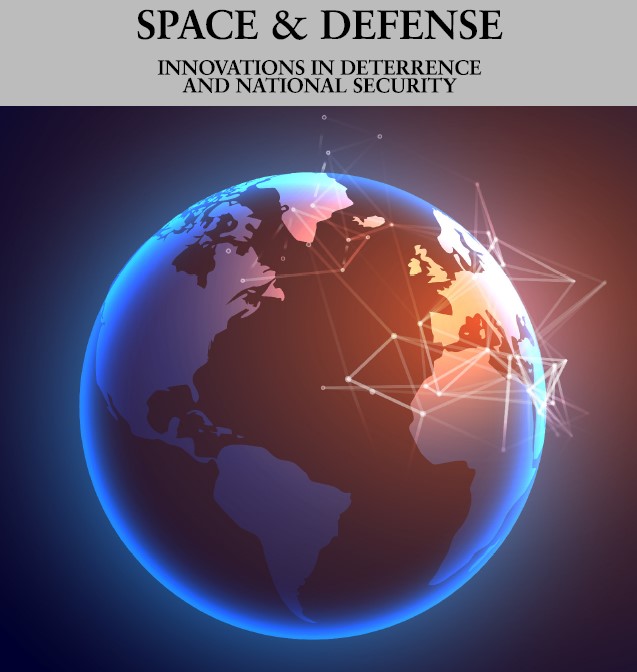Space and Defense

Abstract
The following USAFA cadet independent study, with the exception of minor grammatical corrections, is produced as presented at the winter conference of the Project on Nuclear Issues (PONI), Center for Strategic and International Studies, Washington, D.C., Dec. 11, 2019 (https://www.csis.org/events/poni- 2019-winter-conference).
Technological advances in artificial intelligence (AI) by the United States, China and Russia jeopardize the longstanding nuclear peace that the world has enjoyed since the end of the Cold War.1 The desire to obtain AI capabilities for the purpose of strengthening defense and security postures could spur a new arms race among these powerful nuclear states, and the United States, China, and Russia have all expressed their interest in extensive AI research and in the implementation of AI in their nuclear operations. The application of AI in the nuclear operations of a superpower risks undermining the world’s relatively stable nuclear infrastructure, as AI could essentially make a nuclear war “winnable” for the power that can harness its benefits first. Furthermore, and perhaps more importantly, the likely asymmetric acquisition of AIenhanced technology will introduce a new degree of uncertainty as these great-power states incorporate it into their nuclear systems. As this uncertainty escalates, nuclear crisis stability may experience severe adverse effects, increasing the chances of a hostile nuclear strike.
DOI
10.32873/uno.dc.sd.12.01.1085
Recommended Citation
Foster, Marshall D.
(2021)
"Cadet Voice: Artificial Intelligence and Stability in Nuclear Crises,"
Space and Defense: Vol. 12:
No.
0, Article 7.
DOI: 10.32873/uno.dc.sd.12.01.1085
Available at:
https://digitalcommons.unomaha.edu/spaceanddefense/vol12/iss0/7
Included in
Asian Studies Commons, Aviation and Space Education Commons, Defense and Security Studies Commons, Eastern European Studies Commons, International Relations Commons, Leadership Studies Commons, Near and Middle Eastern Studies Commons, Nuclear Engineering Commons, Science and Technology Studies Commons, Space Vehicles Commons
